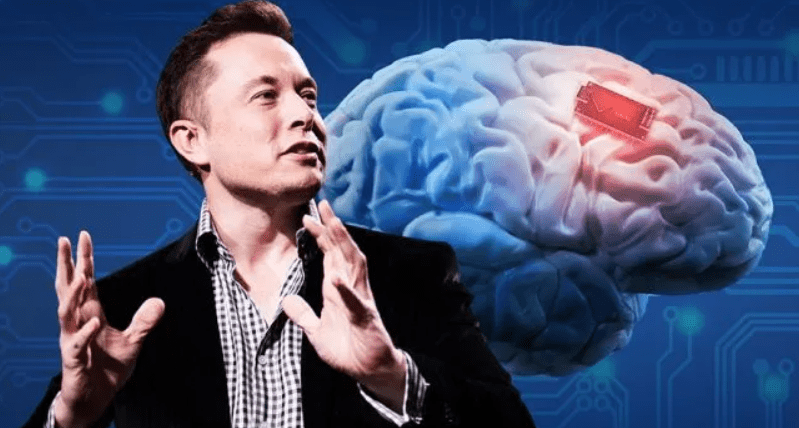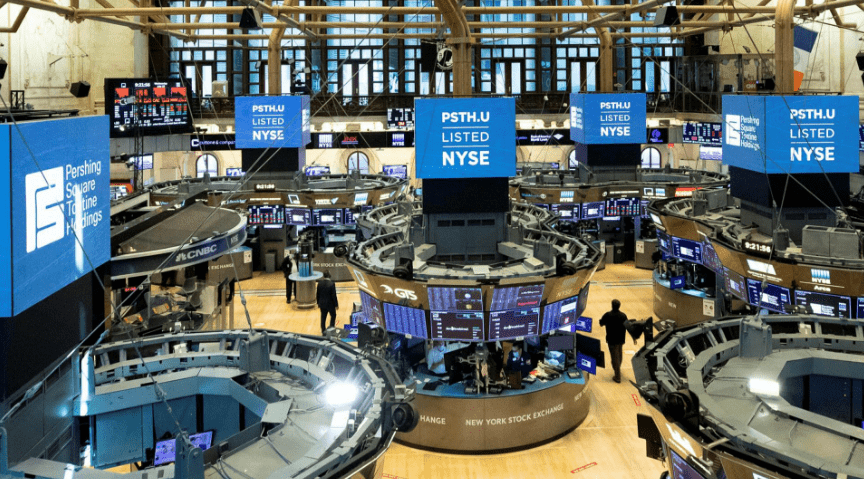Billionaire Neuralink founder, Elon Musk, has announced the brain-chip startup successfully implanted its first device into a human on Sunday.
Musk shared the news on Twitter/X on Monday, assuring his followers that the recipient is recovering well.
The first human received an implant from @Neuralink yesterday and is recovering well.
Initial results show promising neuron spike detection.
— Elon Musk (@elonmusk) January 29, 2024
This milestone follows the US Food and Drug Administration’s (FDA) clearance granted last year for Neuralink to initiate its first trial testing the brain-chip implant on humans.
Musk expressed optimism about the initial results, citing promising neuron spike detection from the groundbreaking procedure.
Neuralink’s Prime study, a trial for its wireless brain-computer interface, focuses on assessing the safety of the implant and the accompanying surgical robot.

The primary objective of the study is to evaluate the functionality of the interface, designed to empower individuals with quadriplegia—paralysis of all four limbs—to control devices using their thoughts, as outlined on the company’s website.
Despite requests for further details, Neuralink has not provided an immediate response.
However, earlier this month, Reuters reported that Neuralink faced fines for violating US Department of Transportation (DoT) regulations related to the transportation of hazardous materials.
The DoT investigation in February 2023 discovered that Neuralink had failed to register as a transporter of hazardous material during inspections of its facilities in Texas and California. Improper packaging of hazardous waste, including the flammable liquid Xylene, was also identified.
Xylene is known to cause various health issues, ranging from headaches and dizziness to confusion and even death, according to the US Centers for Disease Control and Prevention.
Despite these challenges, Neuralink achieved a crucial milestone with FDA clearance for its human trial last year, marking the startup’s valuation at up to $5 billion based on private stock trades reported by Reuters in June.
The implant trial, announced by Neuralink in September, involves the use of a company-developed robot to surgically place ultra-fine threads transmitting signals within participants’ brains.
Musk, 52, also the owner of Tesla, SpaceX, and Twitter, is renowned for his audacious visions such as colonising Mars and championing humanity’s salvation.
He has openly shared his hopes of developing a chip with the potential to cure neurological ailments such as Parkinson’s, dementia, and Alzheimer’s.
The mogul also explores the intriguing frontier of merging human and machine intelligence.

